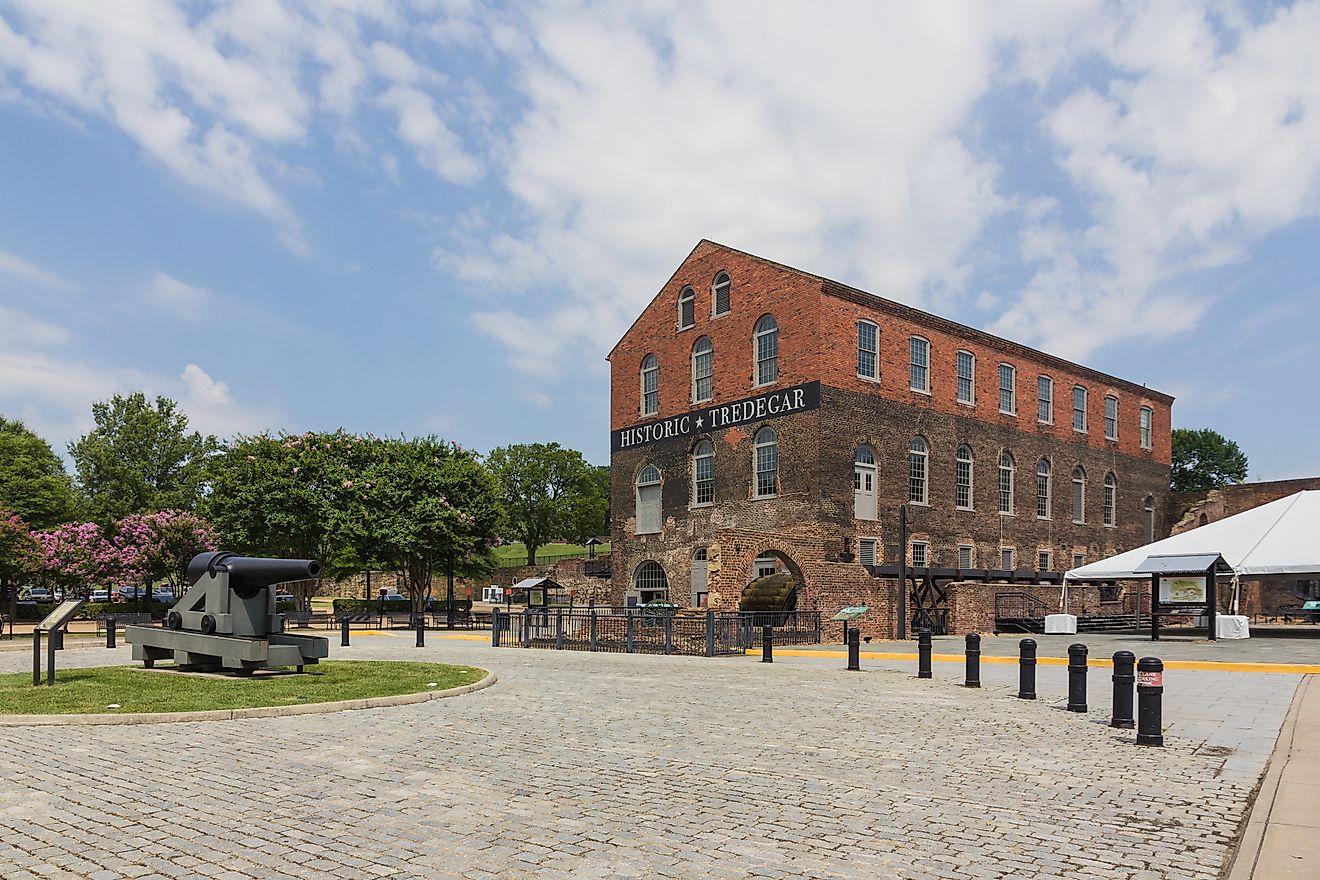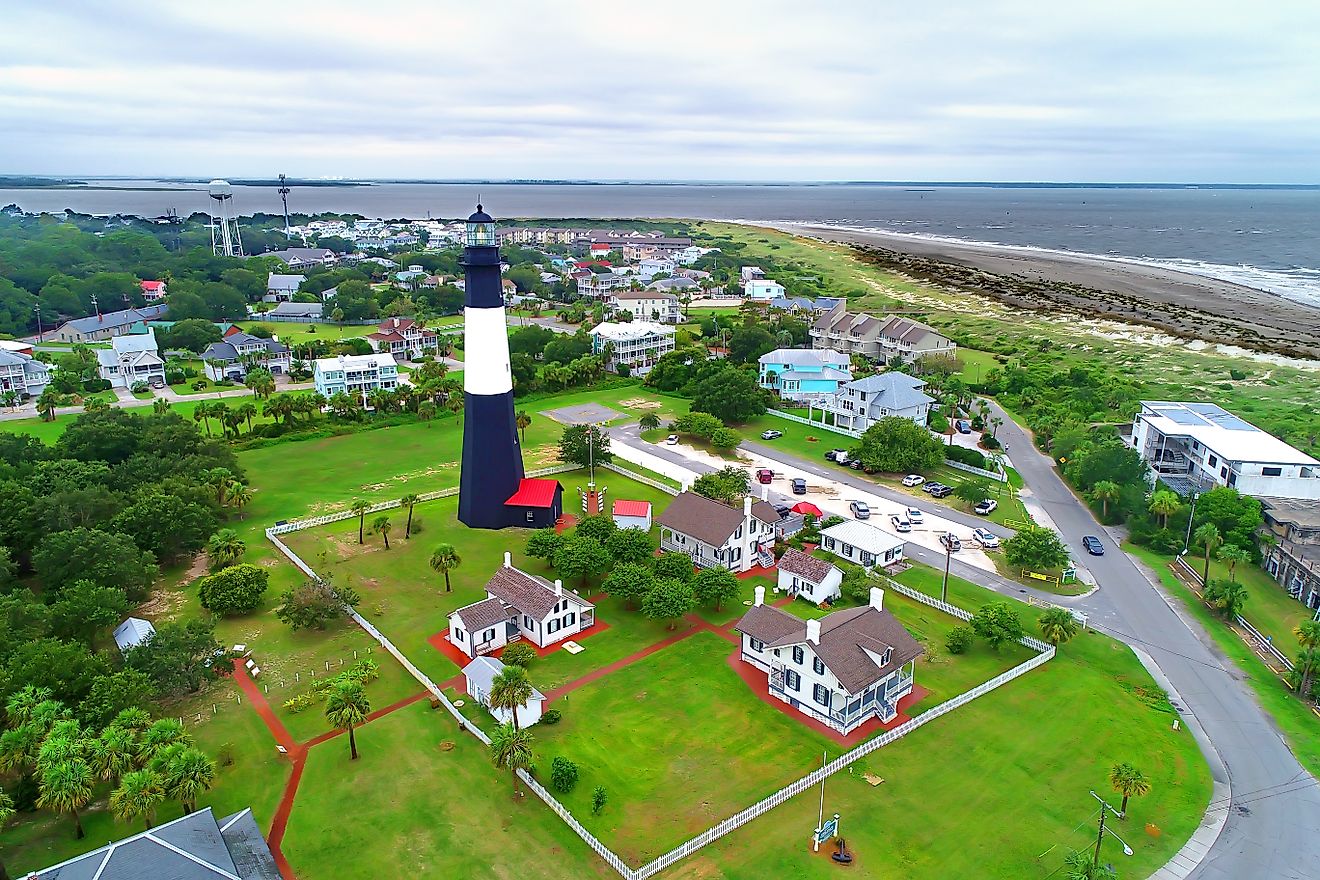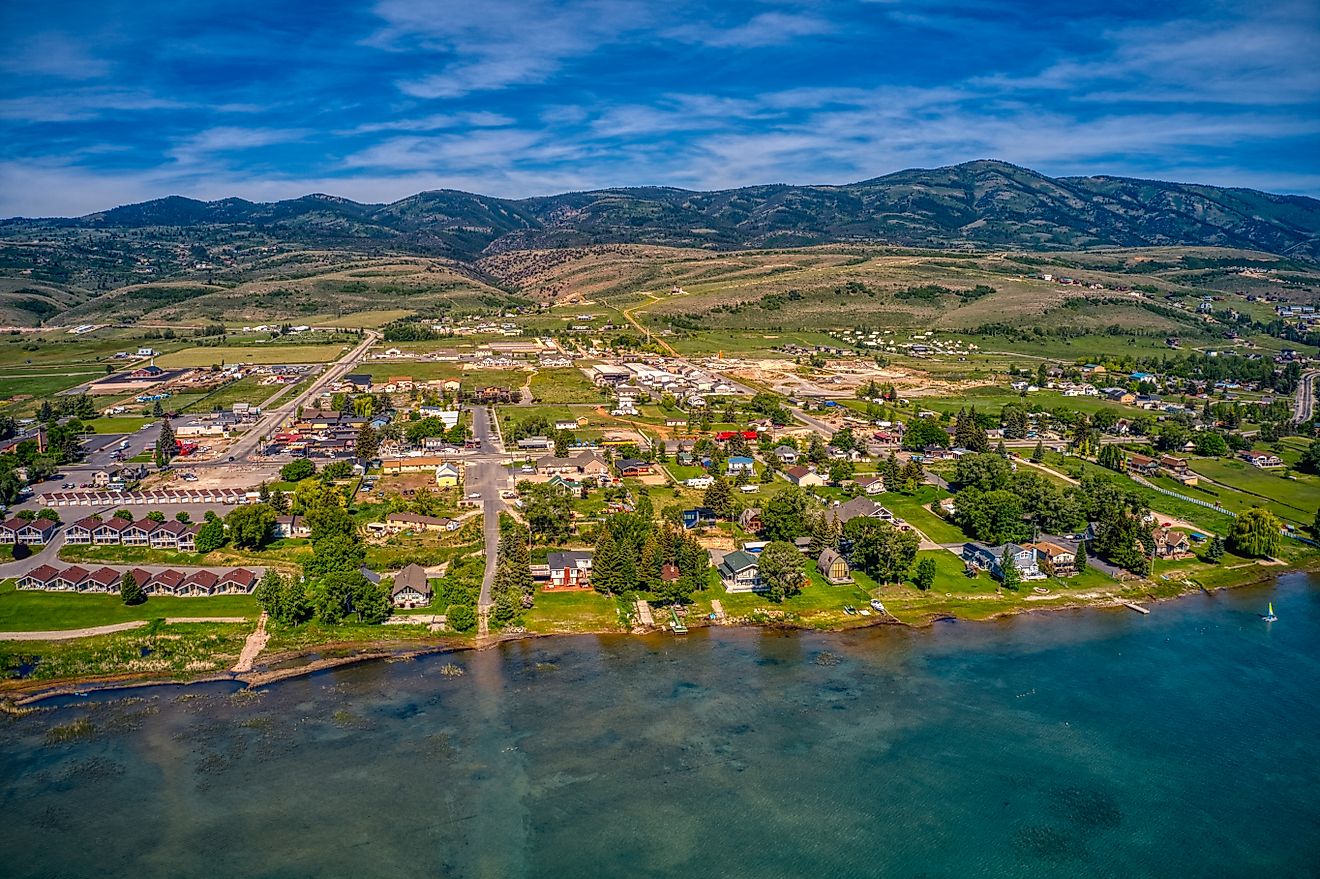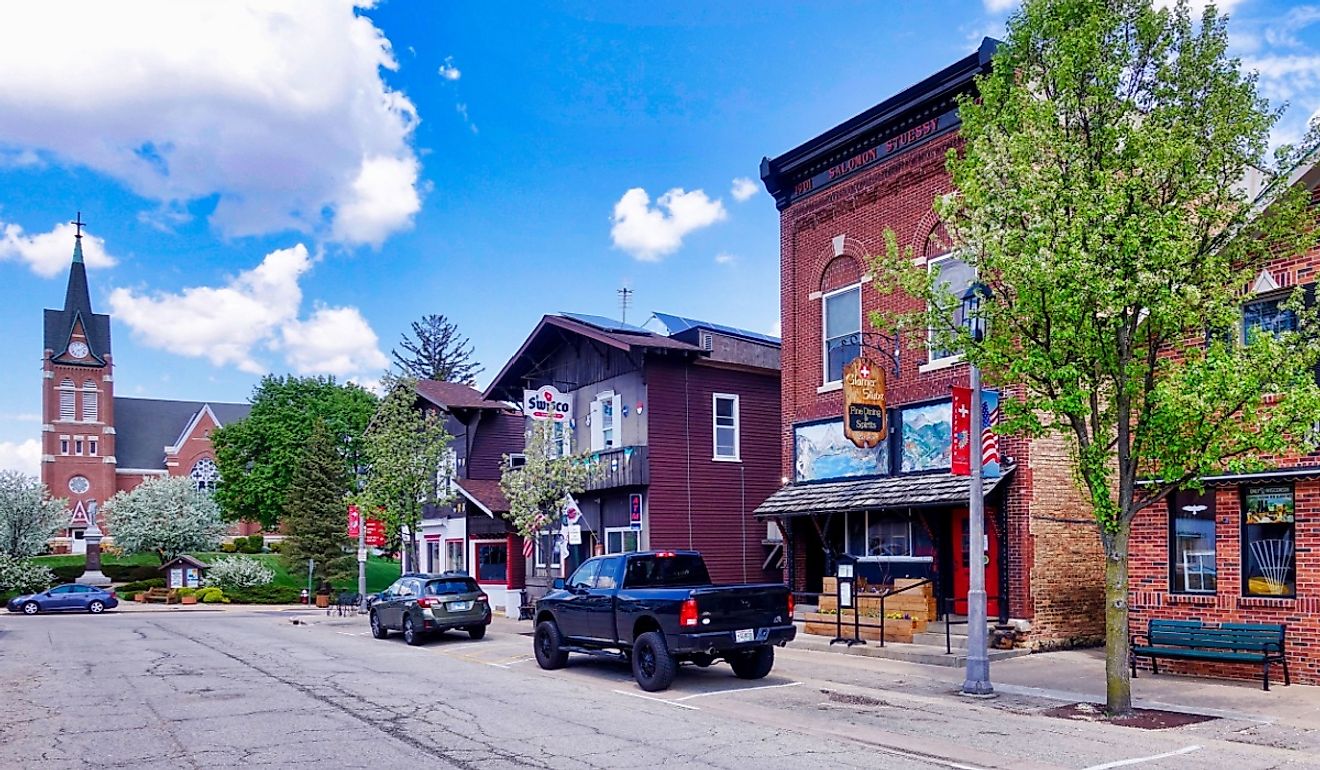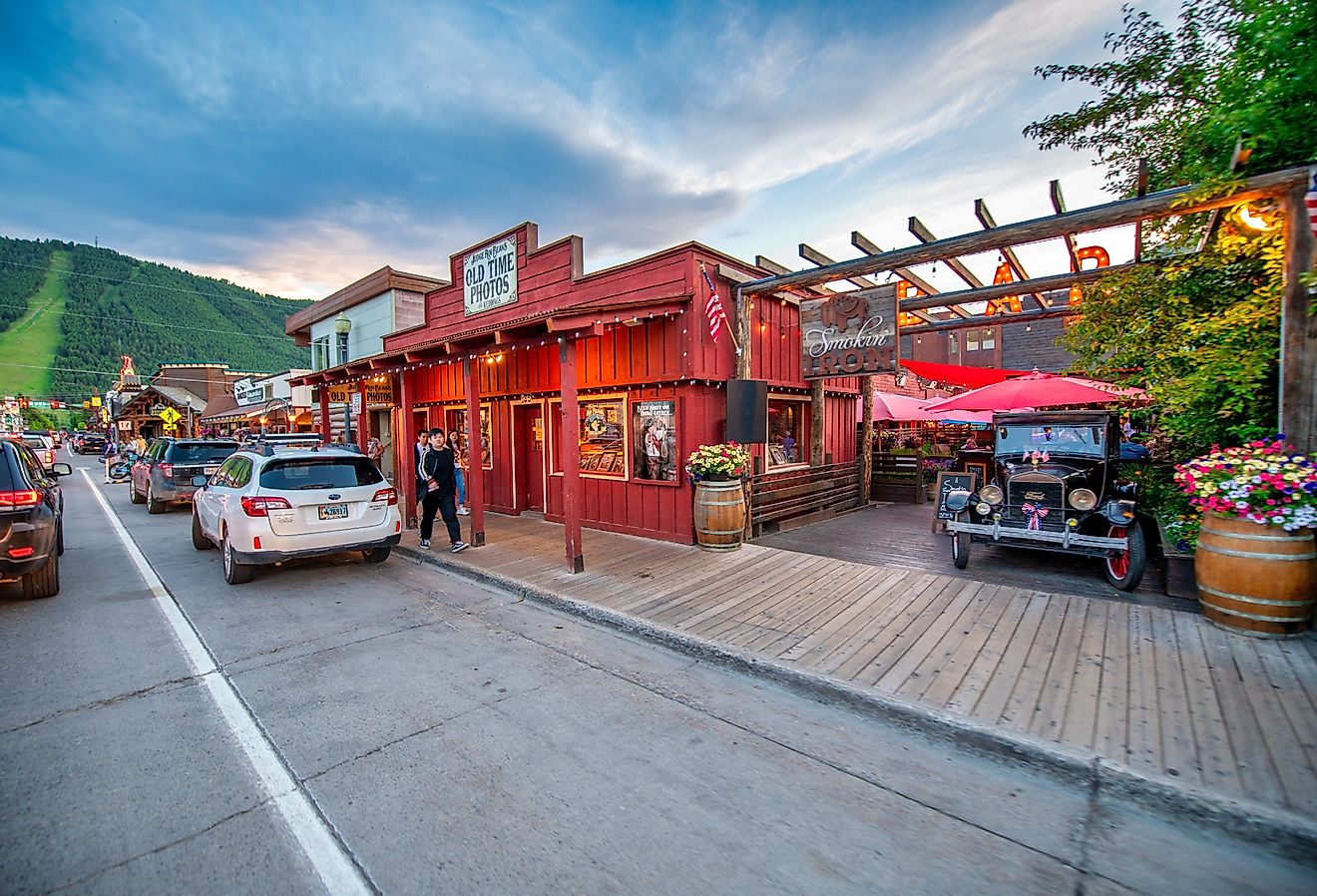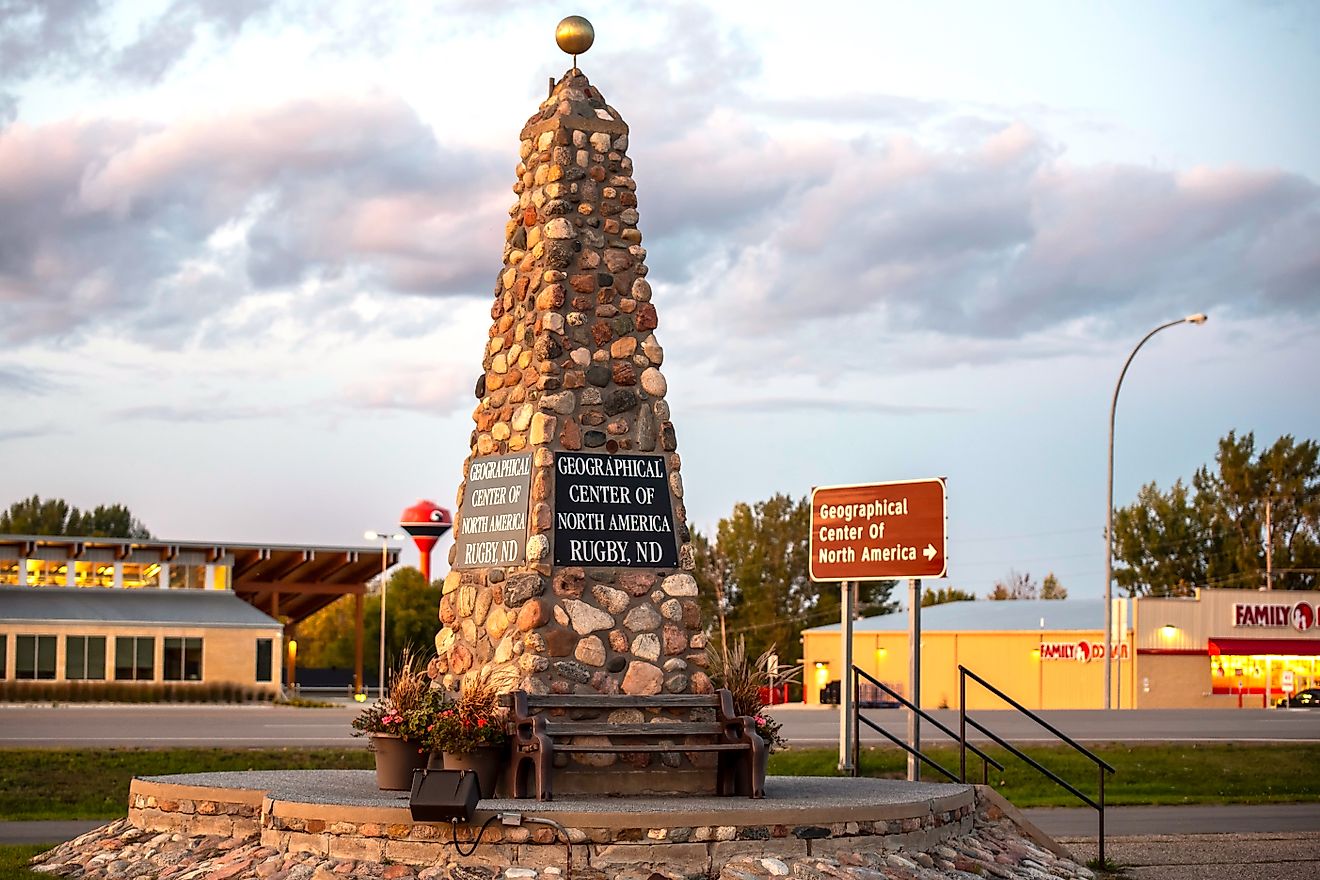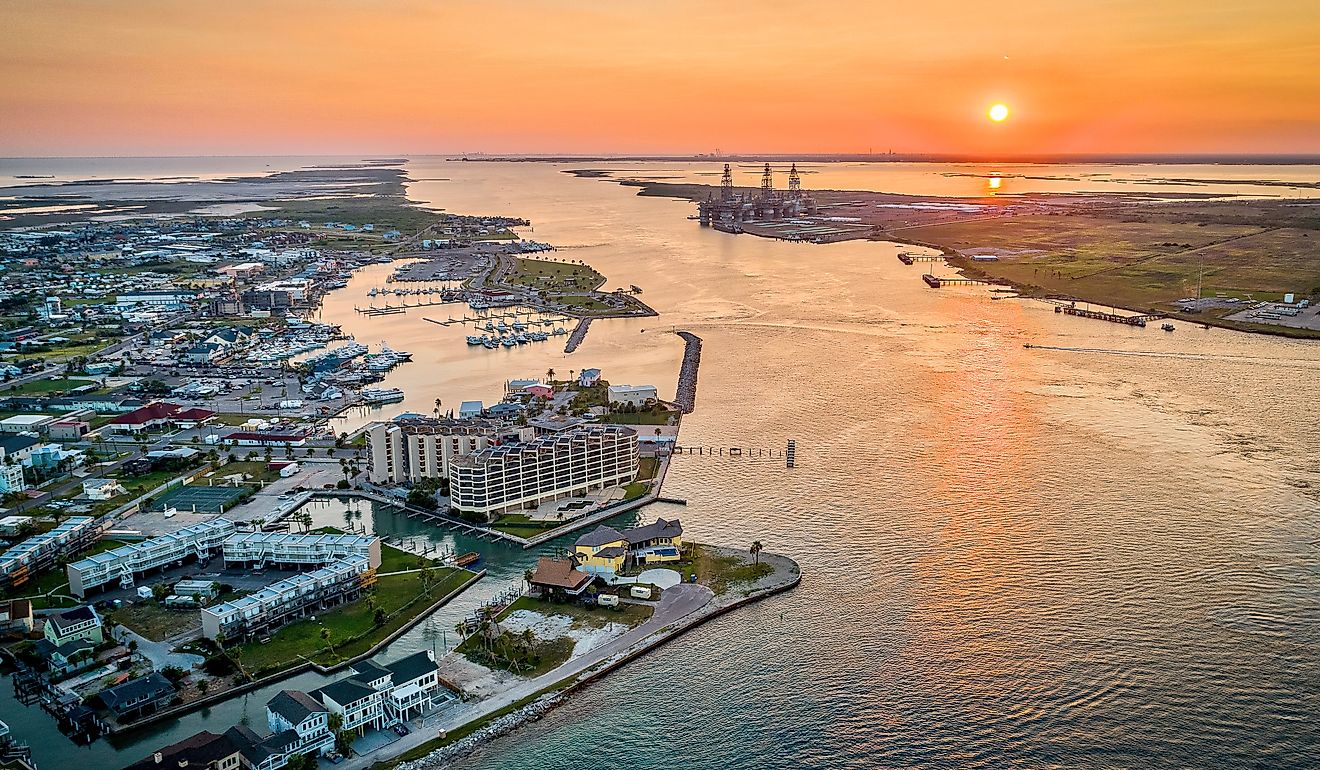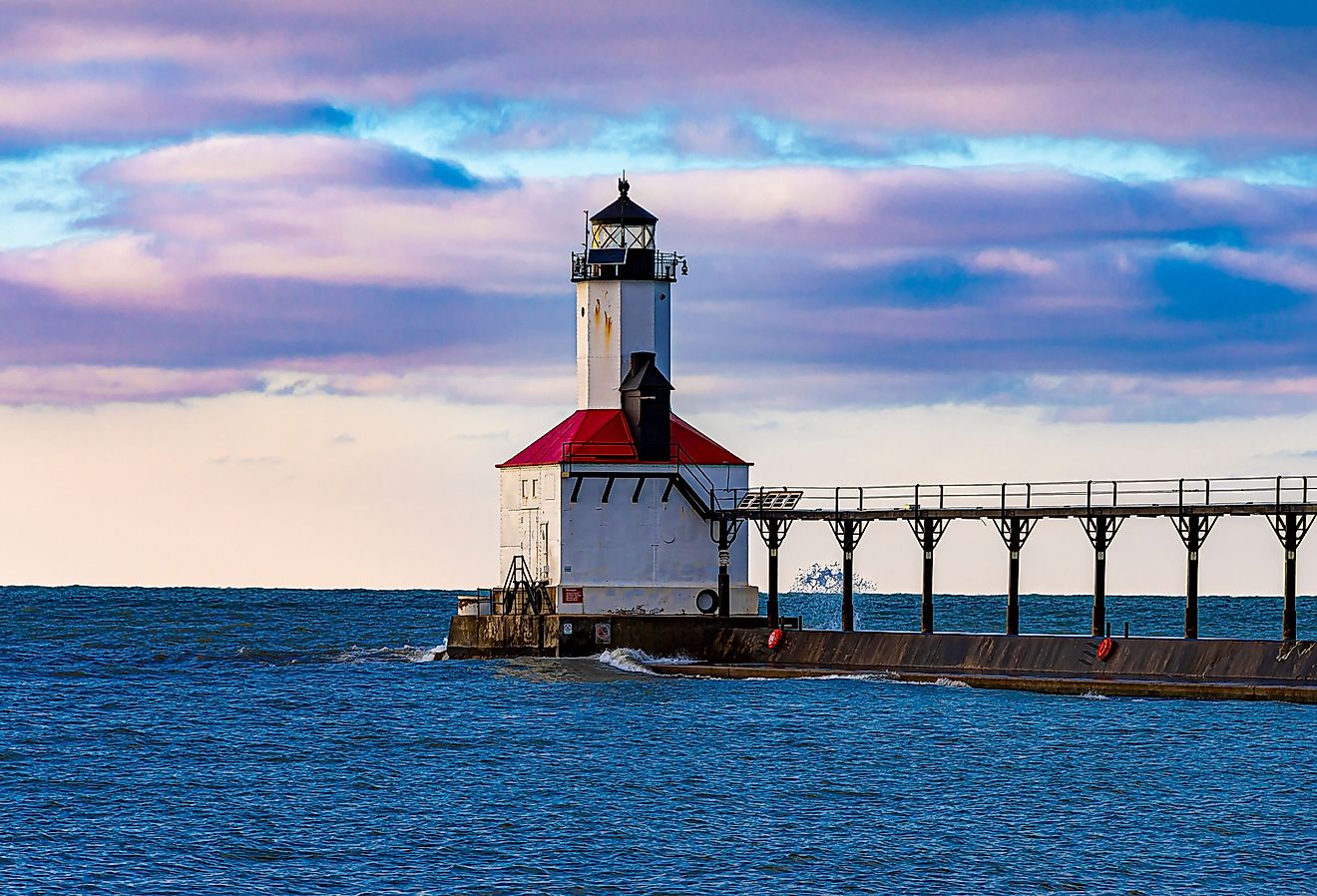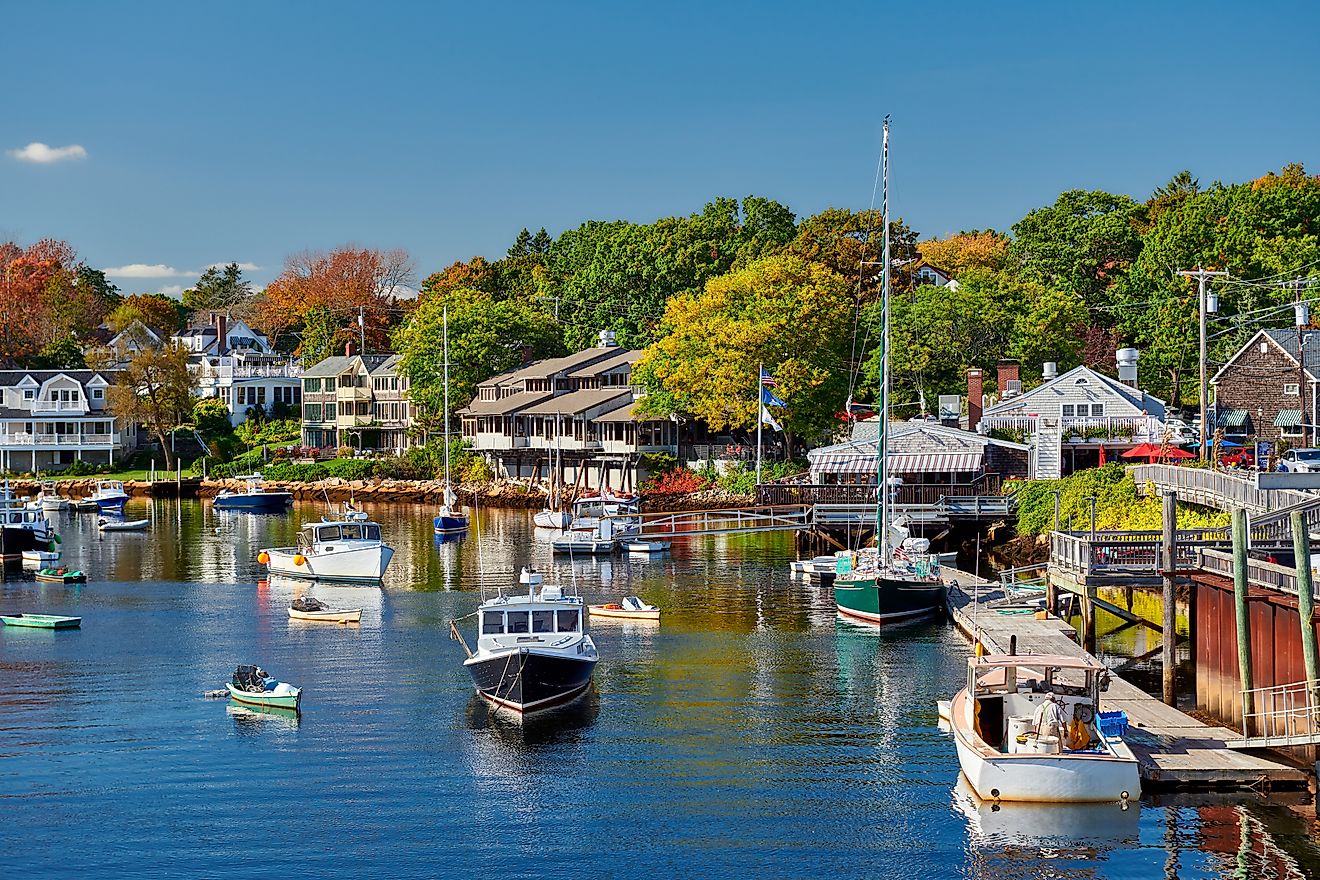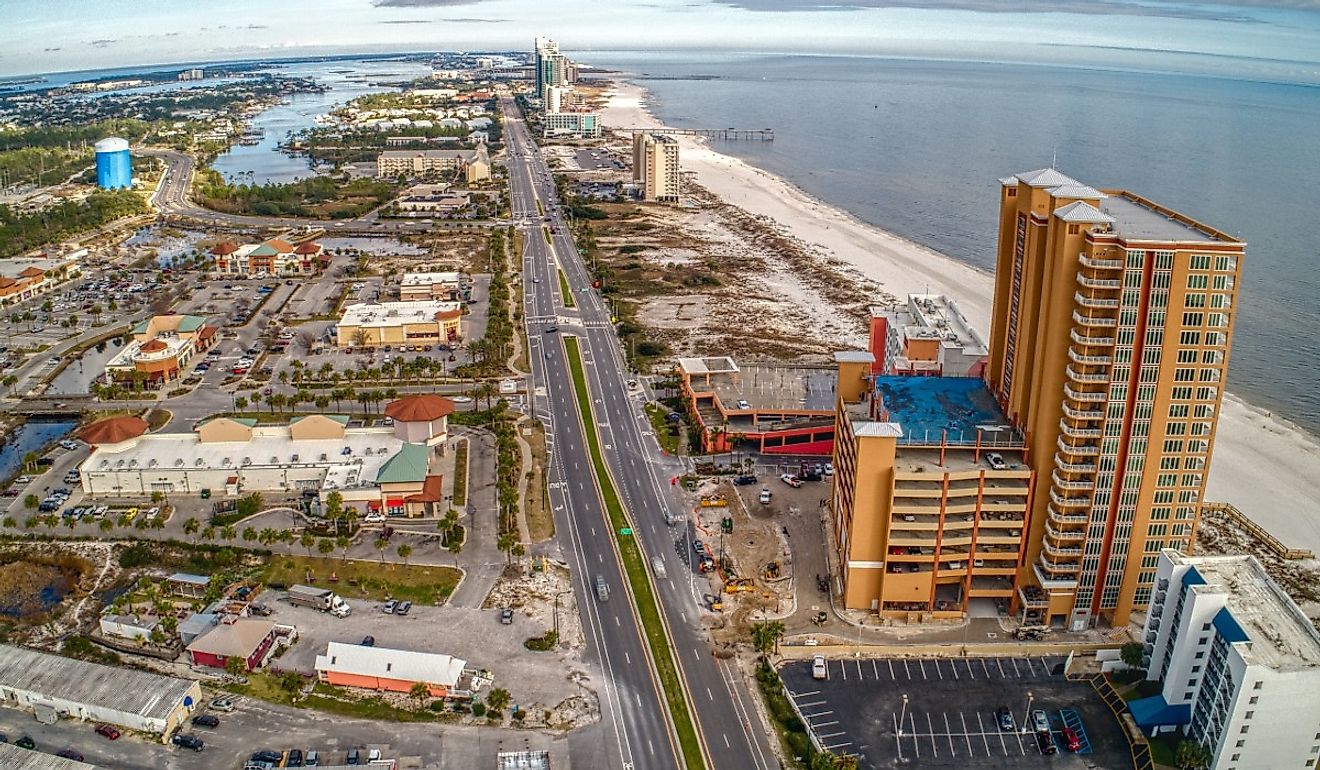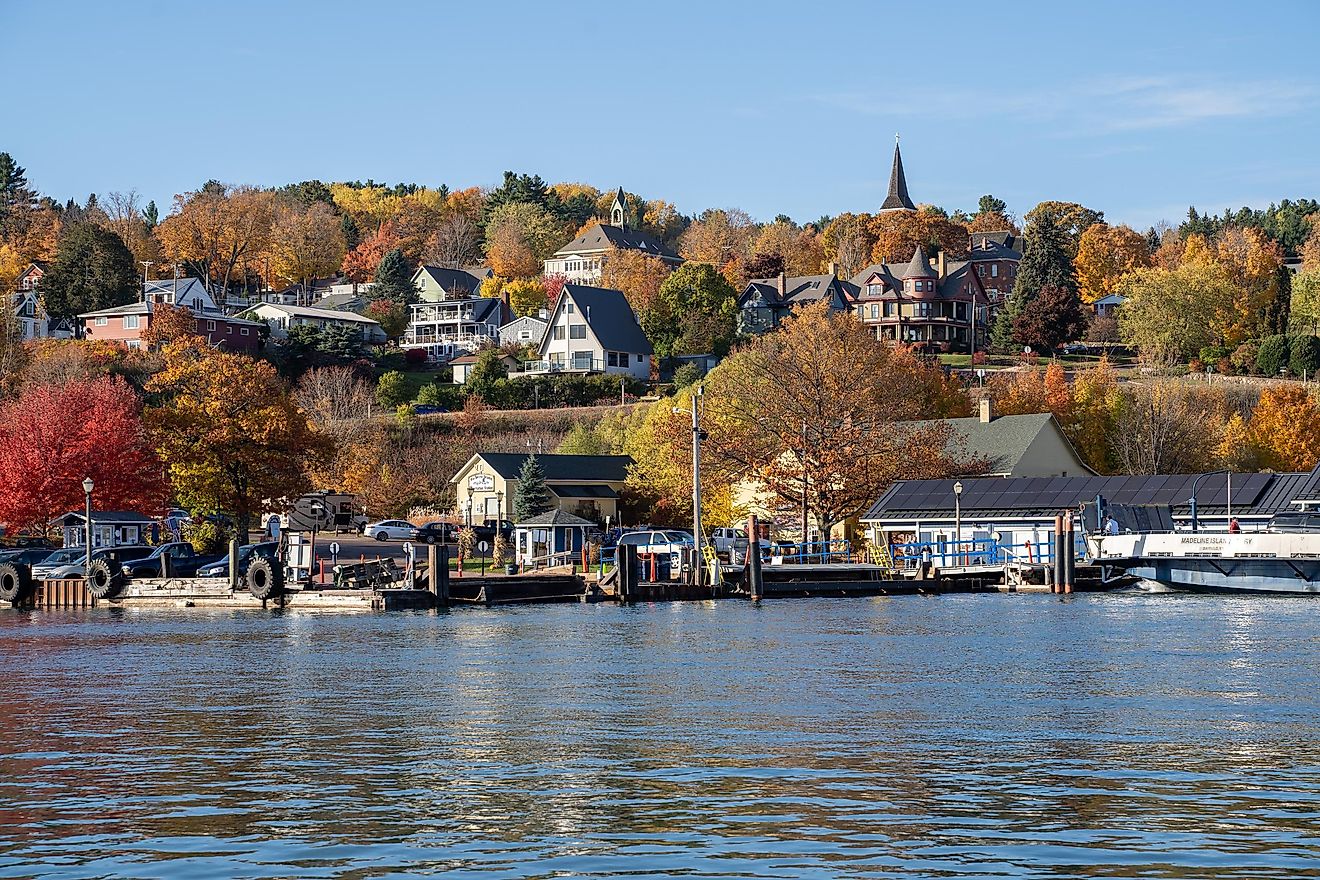
Top 7 National Parks In The United States For Fall Colors
It is not surprising that Americans have continued to visit national parks this year. Seeing more of our country's natural treasures continues to be an appealing vacation option, especially with fall around the corner and no end in sight for international travel restrictions. Many of America's national parks are at their most beautiful during the fall. Nothing compares to a long trek through a vibrant forest on a sunny fall day. With summer drawing to a close, here are the top 7 national parks to explore in the fall.
Yosemite National Park, California

One of the best times to visit Yosemite National Park is in the fall because of the likelihood of comfortable weather. The breathtaking views are only one of Yosemite's numerous attractions. It's a great area to organize a trip and connect with nature because of the lush trees and grasslands there. In comparison to mid-summer, lower temperatures make trekking and rock climbing more bearable, and bikers will also discover that there is less traffic on the highways.
Yellowstone National Park, Montana

The best time to visit Yellowstone is in the fall, when there are fewer tourists and more vibrant foliage. Additionally, many of the park's famous creatures tend to be easier to spot in the autumn when they travel to lower elevations in response to the decreasing temperatures. In the autumn, there can be significant week-to-week and even day-to-day variations in the weather in Yellowstone. Normally, the temperature ranges between 20- and 65 degrees Fahrenheit. As winter draws closer, days become progressively shorter, and temperatures tend to drop quickly after sunset.
Acadia National Park, Maine

Are you looking for stunning fall foliage? Visit Acadia in the first few days of October when the leaves are at their best. One of the nicest seasons to explore Acadia National Park is fall. The foliage is magnificent, the crowds are minimal, and the weather is crisp. Early September often has perfect weather, but by the end of the month, the temperature starts to dip. Cruise ships that dock at Bar Harbor arrive most frequently in the fall. Even with this increased visiting, there is always a noticeable shift in mid-September, which marks the change from the height of summer to the "leaf-peeping" season. Although the dates can change from year to year, the greatest time for fall foliage is often between October 13 and 22.
Rocky Mountain National Park, Colorado

Rocky Mountain's fall season is one of the most beautiful seasons. The air is crisp and refreshing, the aspens start to "quake," turning meadows and hillsides into shades of gold, and wildlife starts to move from the alpine into the montane. To be in the park right here is very amazing. Seeing the golden and glittering aspens is one of the best things about traveling in the fall. The high country of the park begins to be striped with color as the shaking intensifies; from a distance, everything appears to be on fire. Up until mid-September, when the park is usually awash in color, the aspens continue to change in September as they gradually descend in elevation. Numerous elk travel from the high hills to the low country in search of a mate for the winter, adding to the stunning natural spectacle.
Grand Canyon National Park, Arizona

The best months to travel to the South Rim of the Grand Canyon are September, October, and November. Once Labor Day, there are far fewer visitors, and the weather begins to dry up after the summer monsoons have passed, usually by mid-September. The Canyon is drenched in magnificent autumn light as the days get shorter. Cooler temperatures and perhaps even the first signs of snow at the rims can be seen in October, which is the Grand Canyon's official start of fall. Amazingly, the temperature at the bottom of the Canyon can fluctuate between 60 degrees and 100 degrees in the first few days of October. The backcountry is at its peak because it's the finest month for such activities, but the crowds around the rims are thinner. At the rims, reservations are simpler to secure.
Cuyahoga Valley National Park, Ohio

Cuyahoga Valley may not be as well-known as many other U.S. national parks, but that doesn't mean it isn't still worth visiting. In fact, there are plenty of attractions to enjoy at this underappreciated park in northern Ohio, particularly in the fall. There is a lot to see and do in Cuyahoga Valley National Park, including human-made attractions like historic farms, a covered bridge, and a picturesque railroad as well as natural attractions like wildlife, waterfalls, and stunning fall foliage. Although well-liked all year long, this park draws tourists in the fall. Its lowland and highland broadleaf forests are ablaze with vibrant fall hues throughout the entire month of October. Cuyahoga Valley National Park, a natural haven located in northern Ohio between the towns of Cleveland and Akron, is incredibly magnificent in the fall and draws tens of thousands of leaf-peepers from all over the world.
Arches National Park, Utah

There are five national parks in Utah, four of which have received certification as dark sky parks. All of them are excellent for observing the stars, but Arches has something the others don't. You may observe natural rock arches against the sky here at dusk, morning, or during a full moon, in addition to taking in the breathtaking vistas of a wide sky. At Arches in September, October, and November, there is a ton to do, see, and photograph. While it's possible to observe meteor showers at any time of year, the fall is a wonderful time to do so.
The national parks listed above provide an opportunity to take in the beauty of fall without having to contend with the crowds at other autumn attractions. You might even find a new favorite place to see. In any case, visiting one of these national parks in the fall is a fascinating way to discover some of America's most unique locations.
